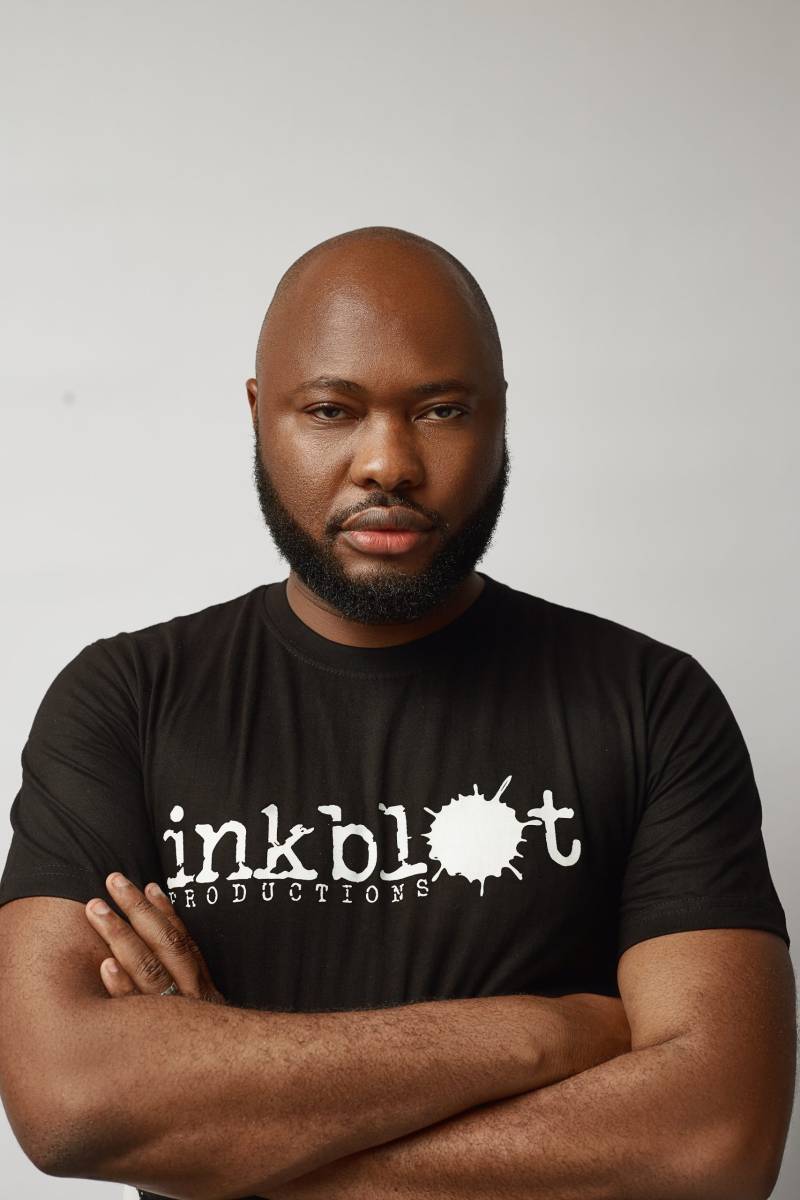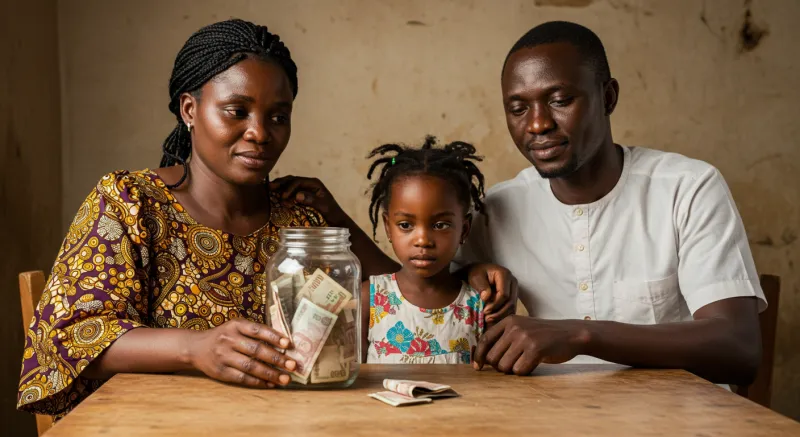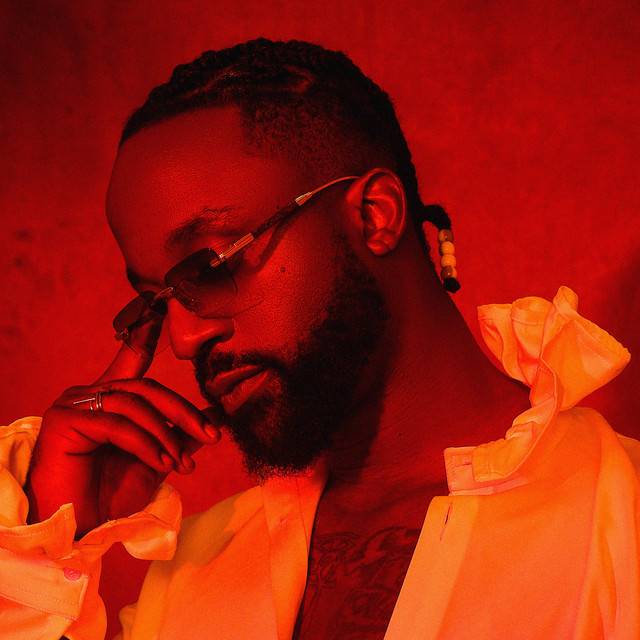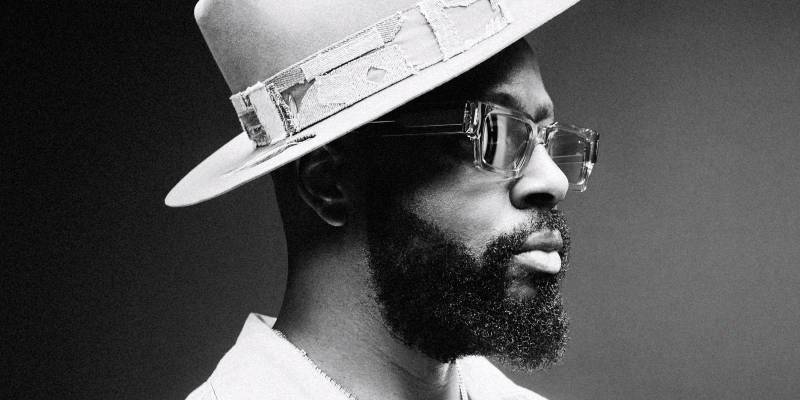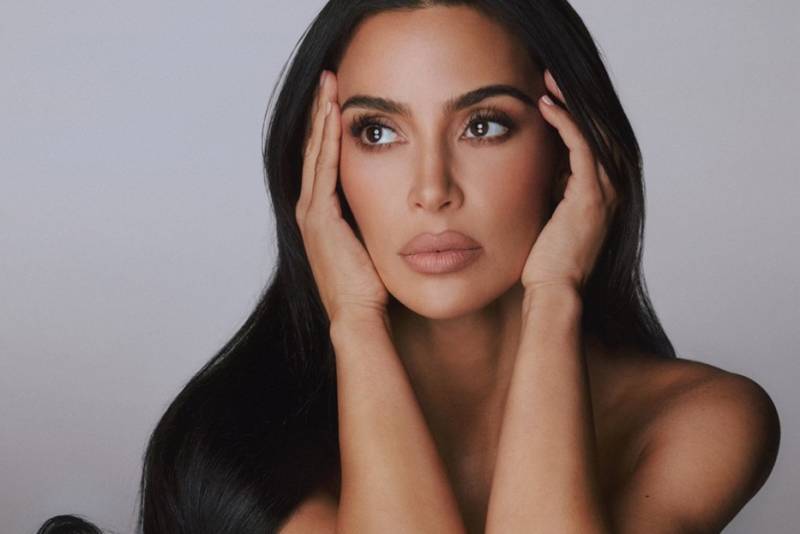In this exclusive interview with BellaNaija, co-founder of Inkblot Productions, Chinaza Onuzo discusses the inspiration behind Nigeria’s first Netflix young adult series, “Far From Home,” the unforgettable filming process, what the audience should expect, why it will stand out.
Good day, Chinaza or do you prefer Naz? Because if we play our cards right, you might just create a Netflix show starring us! So tell us what creating “Far From Home” was like. Spare no details!
I’m happy with either, but since I’m reppin’ Gen Z and we’re fully into nicknames, you can call me Naz. Far From Home was very loosely inspired by my time in boarding school. I left for boarding school in the UK when I was 15. It was the first time I’d been outside Nigeria for any significant length of time and the first time I’d been near a border. From my perspective, it was like entering a whole new world, one that I had never known existed. My time at that school was a transformational experience for me; I found myself in a place where I didn’t initially belong, going through all the stress and wonder of being a teenager. So, when I started thinking about Far From Home, I wanted to capture that feeling of needing to be yourself while trying to find your way in a place where you may not appear to belong at first. I knew that if we were successful, we would capture the kind of drama that would be very compelling. That’s why the show is titled Far From Home; it’s about trying to find yourself when you are separated from everything you know. To turn the idea into a show, I worked with Dami Elbe, our Head Writer, and we turned that feeling and sense of place into the story of Ishaya Bello, a young artist from Lagos Island, who ends up attending Wilmer Academy, the most prestigious school in Nigeria.
As far as we know, this is your first dabble into the young adult genre; why did you opt for a YA show as your first Netflix partnership?
I grew up watching young adult shows from the days of “Beverly Hills, 90210” through “The OC,” “Buffy the Vampire Slayer,” “Dawson’s Creek,” “One Tree Hill,” and many more. They have always been my favorites. I’ve always wanted to tell stories about young people coming of age and finding their place in the world. Young adult stories are exceptional because they capture a time in your life that is full of emotion and drama. As a storyteller, those are some of the greatest stories to tell. Netflix has been at the forefront of defining YA for the current generation. Shows like “Sex Education,” “Elite,” and “Blood and Water” have become touchstones in the YA world. I wanted to partner with Netflix to be part of that movement and to tell a story that had the opportunity to provide a voice for the Nigerian youth and showcase how amazing they are.
What has it been like working with Netflix?
It’s been a truly great experience. Working with Netflix on a project of this scale has helped me grow as a filmmaker. The collaboration created opportunities to tell this story in the best way possible and at a scale that I would not have imagined before working with the Netflix team. We worked together across all levels of production, from development through post-production, and the team was very supportive, especially when the usual challenges arose when you told ambitious stories. I couldn’t have asked for a better partner.
When you were casting this show, what were you looking for in the young adults, and how did that inform the cast selections?
Casting decisions, in my opinion, make or break young adult shows. We were looking for people that the audience would fall in love with. People with whom they would have a deep connection. We had open auditions, saw thousands of people, and worked extremely hard to find the 12 characters that would be the center of our world. We were very blessed to find our cast, and we know that the audiences will love them just as much as we did.
Apart from your partners at Inkblot, you collaborated with other key individuals to birth Far From Home; who are they and why did you decide to bring them on board?
After Zulu and Damola, the first person on the project was Dami Elebe, our head writer. Dami has one of the more unique voices in the Nigerian film industry, and we knew that she would be instrumental in bringing the world of Far From Home to life. She led an amazing team of writers who translated our vision to the page.
We worked with three directors on the project: Catherine Stewart, Kayode Kasum, and Kenneth Gyang, all world-class filmmakers. On an ambitious show like this, we needed directors who had strong points of view and could elevate our vision and capture the world in a manner that would excite audiences. They succeeded greatly, making “Far From Home” one of the most striking series visually to come out of Nigeria.
We were able to attract Erika Klopper to join me and my partners as an executive producer on the show due to the scale of the production and our collaboration with Netflix. Erika brought her vast experience working across Africa to ensure that the show was completed.
Isioma Osaje served as co-producer of the project, overseeing a lot of the day-to-day physical production on Far From Home. We shot for over three months, and Isioma was there every day, working with the crew to achieve our goals. I could continue to name many more individuals who were instrumental in bringing the show to life: Emiola Fagbenle, our post supervisor; Keme Bedford, our production manager; and so on. Far From Home was a labor of love and dedication from so many talented creatives, and we were very fortunate to have them on our project.
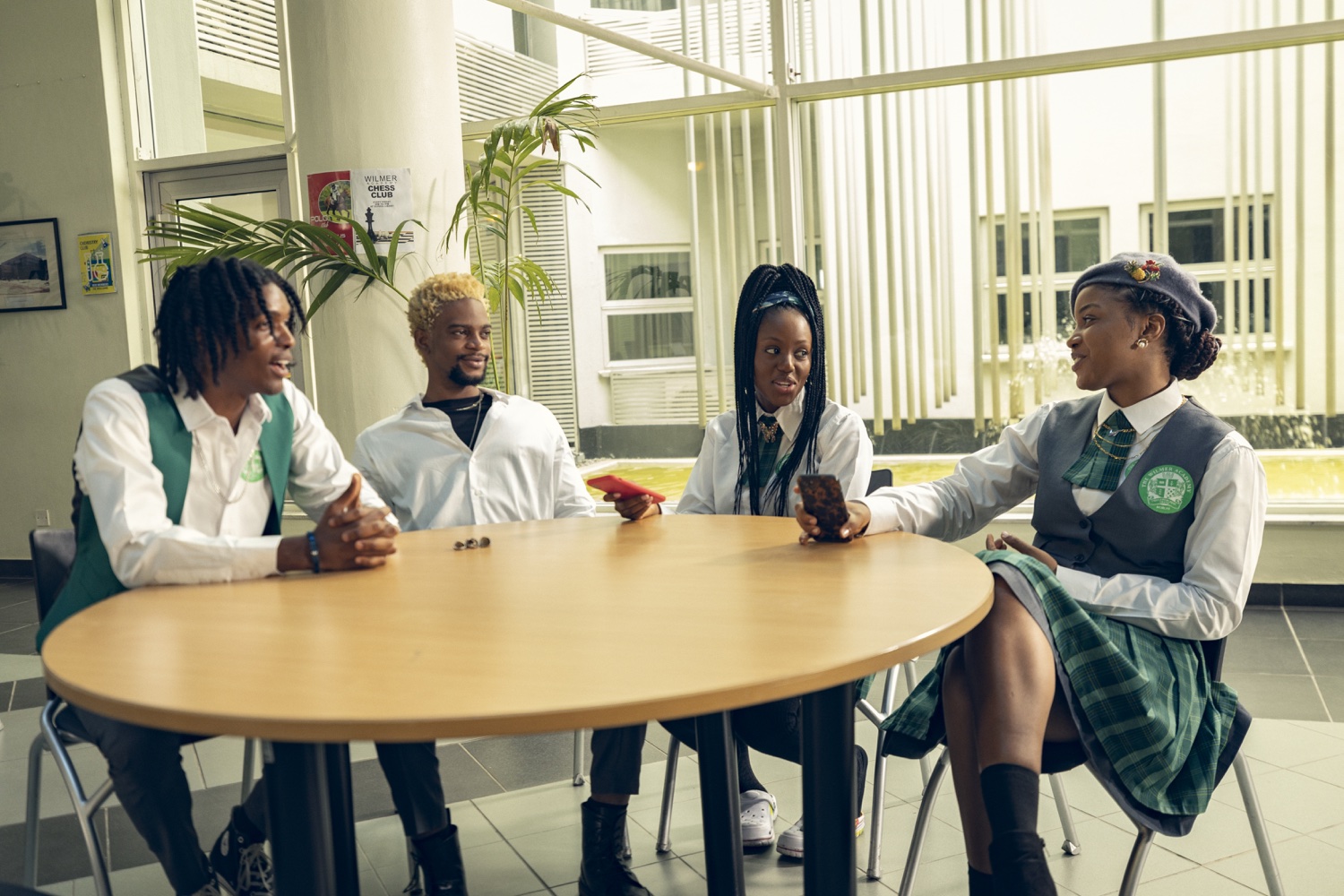
cast of Far From Home, debuting on December 16 on Netflix. (Photo Credit: Nora Awolowo / Netflix)
Far From Home was shot during the pandemic; how difficult was that, and how did you ensure cast and crew safety?
Shooting during the pandemic tasked us immensely, but we were grateful for the support Netflix provided. They spared no cost in ensuring that our cast and crew were protected. We created COVID-19 guidelines that were circulated to the cast and crew. We instituted very strict protocols, including weekly testing for cast, crew, and extras; creating a “bubble” during production to ensure the safety of the cast and crew; and institutisanitizingeaning and sanitizing protocols. We provided information to the cast and crew and encouraged everyone to get vaccinated. We regrouped to enforce rigour throughout the shoot and were grateful that we were able to complete production without any significant incidents.
What should audiences expect from Far From Home, and why will it stand out?
Far From Home is a show about following your dreams, no matter what. It’s fun, gripping, full of relatable characters, and, above all, entertaining. It’s a unique blend of drama, romance, and thrillers. We have not seen anything from Nigeria at this scale focused on young people chasing their dreams. The cast and crew did an amazing job bringing the world of Ishaya and Wilmer to life. We can’t wait to take the audience on this ride.
Is Chinaza or Naz anything like Ishaya?
I admire his tenacity and drive, and I think that we have that much in common. I think that I was better with the ladies than he was when I was his age, but that may be wishffavoriteng.
What’s your favourite moment in Far From Home?
Shooting the party scenes in Episode 2. The YA shows must get their party scenes right, and there is a lot of pressure. Those scenes were one of the first big set pieces we shot for the show. Almost all of the YA cast was on set that day, and we had over a hundred extras. The party took place mostly during the day, so we were on the clock and under pressure to make it through the day. Watching the cast and crew come together to execute those scenes in a day, was beautiful. We loved the way it came out, and I can say that those scenes became one of the standout sequences of the show.
